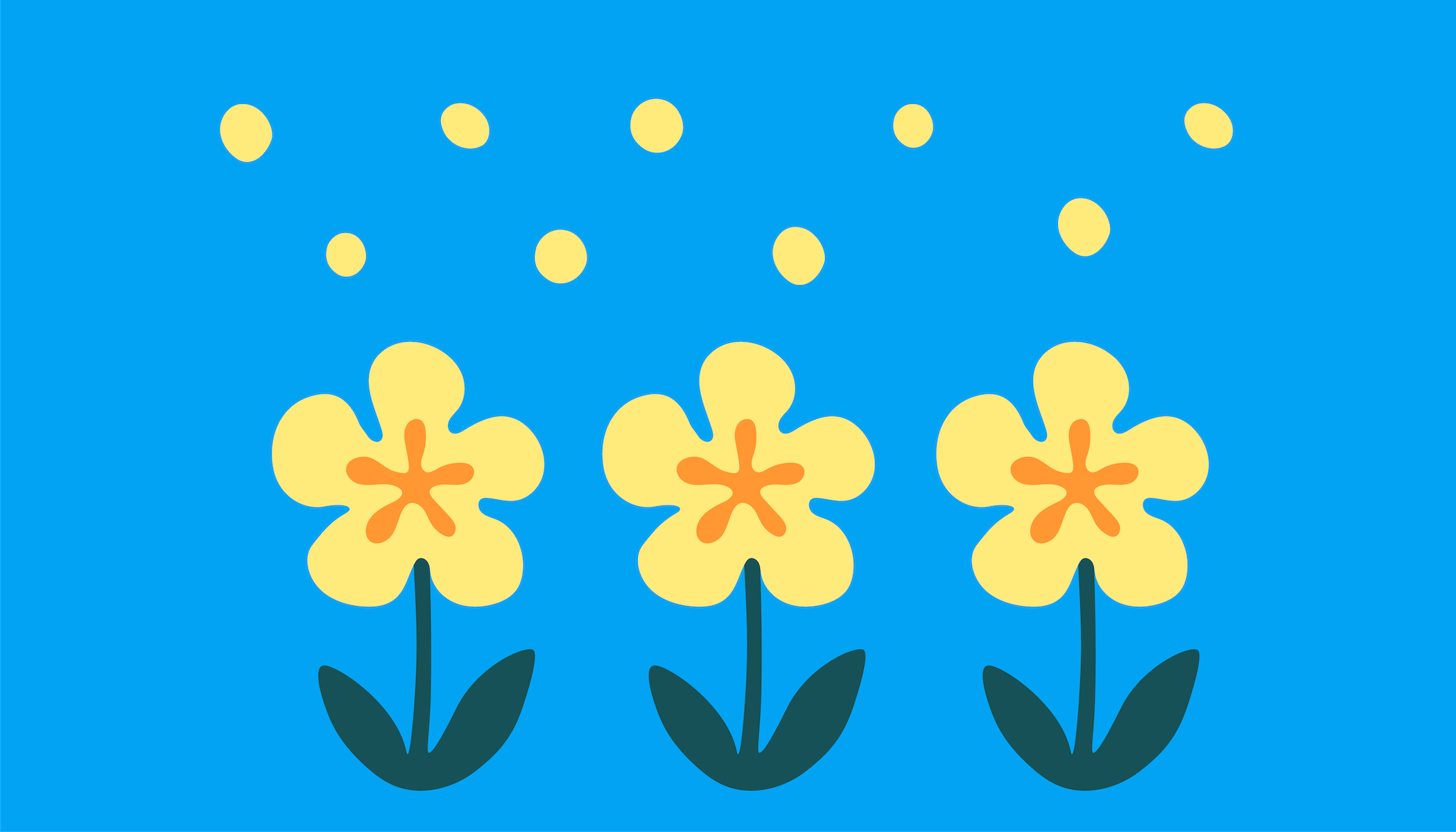But what causes it – and how can you relieve the symptoms quickly?
Common summer allergies
1. Grass pollen allergy
Grass pollen is one of the most common allergies during the summer. The grass pollen season often runs from June to August, depending on where in the country you are.
Common symptoms:
- Sneezing
- Nasal congestion or runny nose
- Itchy, red and watery eyes
- Fatigue
2. Birch pollen (late reaction)
Although birch pollen season is usually over by June, some people may still experience symptoms in early summer – especially if birch pollen cross-reacts with other substances.
3. Cross-allergies
Many people with pollen allergies also react to certain fruits, berries and vegetables – something called cross-allergy. This can cause itching or swelling in the mouth and throat.
Common cross-reactions:
- Grass pollen → tomato, melon, citrus
- Birch pollen → apple, pear, hazelnuts
4. Mold spores
During humid and hot summer days, mold spores in the air can also cause allergic reactions – especially if you spend a lot of time in nature, near compost piles or piles of leaves.
How to relieve symptoms quickly
1. Take antihistamines in good time
Antihistamine tablets reduce sneezing, itching and watery eyes. For best results, they should be taken daily during pollen season – not just when needed.
2. Use nasal spray with cortisone
Cortisone nasal spray is effective against nasal congestion and inflammation. It is recommended to combine it with an antihistamine for best results.
3. Protect your eyes
Wear sunglasses outdoors to reduce the amount of pollen that reaches your eyes. Over-the-counter eye drops can also relieve irritation.
4. Keep an eye on the pollen forecast
Plan your outdoor activities when pollen levels are low – for example after rain. Avoid ventilating on dry and windy days.
5. Change clothes and shower
After being outside, pollen easily sticks to hair and clothes. Shower and change immediately when you get home to reduce exposure.
When should you seek medical attention?
If your symptoms are so severe that over-the-counter medications do not help, or if you suspect you have asthma or an allergy that you have not previously investigated – contact your healthcare provider. There is effective prescription treatment and sometimes the possibility of allergy vaccination.


